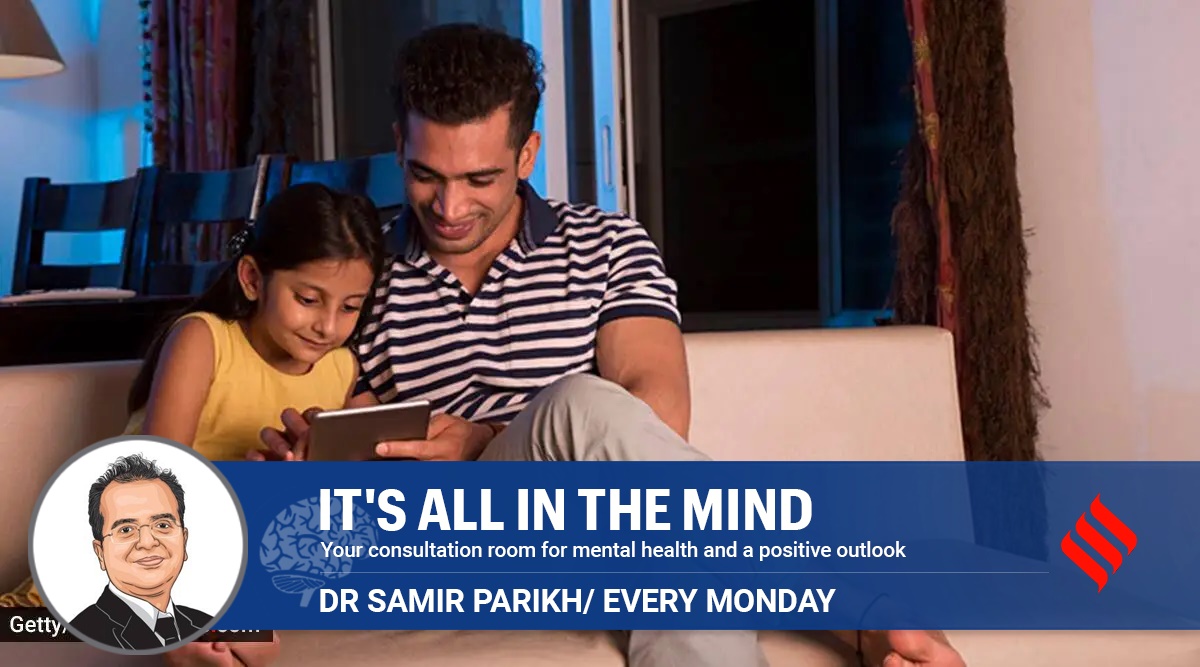There are certain relationships in life where trust is implicit. There is a togetherness, a oneness that we experience as a family. Many of our major life experiences are shared and life decisions are taken together. This includes finances as well, where certain members of the family often manage the expenses and investments for others as well. And for most of us, this system works well. At the same time, however, it’s sometimes also possible that those we trust cross these boundaries. This can be due to particular individuals and their personalities, and more importantly, a lack of empathy and understanding.
We have heard of such scenarios occurring in the closest of relationships, be it that of siblings, of spouses, or even inter-generationally between parents, grandparents and children. There have been instances where perhaps parents make certain decisions with a child’s finances without informing them, and this may sometimes be due to the desire to protect a child, to perhaps save on taxes, or at times for one’s own vested interests. Sometimes a loved one pushes another so much to perform, to be successful, to provide, that it can result in a sense of exhaustion, fatigue and burnout in the subject.

To understand this entire situation, we need not bring this under the rubric of family dynamics. Generalising this as something that takes place due to the nature of family relationships would be misleading. Instead, we need to understand that this is about an individual or a dialectic between two individuals – and it could be any two people, each with their own personalities, their own experiences, beliefs, and priorities. No matter what the relationship, trust requires effort, respect and transparency.
Many times, our views may not match those of others. Wherever possible, avoid jumping to judgments and conclusions. Instead, it’s best to try and be open to all points of view and understand the situation from both perspectives.
Most Read 1Chandrayaan-3 mission: Dawn breaks on Moon, all eyes on lander, rover to wake up 2As Indo-Canadian relations sour, anxiety grips Indian students, residents who wish to settle in Canada 3Karan Johar says Sanjay Leela Bhansali did not call him after Rocky Aur Rani: ‘He’s never called me but…’ 4Gadar 2 box office collection day 40: Hit by Shah Rukh Khan’s Jawan onslaught, Sunny Deol movie ends BO run with Rs 45 lakh earning 5Shubh’s tour in India cancelled: Why is the Canada-based singer facing the music?
However, if you still feel like a line is being crossed, it’s important to confront the situation rather than remain passive about it. Speak up about how you feel, ask questions where you need gaps filled. Many times, it can help to involve a third party – someone both people in question trust, who can arbitrate, bridge the gaps in communication, bring perspective and help find a middle ground. However, when such efforts don’t materialise, sometimes we may need to take harsh decisions to protect and look after ourselves.
Once all other options have been exhausted, remember that it’s important for you to prioritise your own health and well-being, and take decisions that resonate with your beliefs and your values. At the same time, remember though that we all need our support systems, because it’s the people around us who help in times of difficulty. We need our loved ones to make our celebrations feel even more special, to share in sorrows, to sometimes provide solutions to problems, and most of all, to just be there for us when we need them.
Also ReadRight or left arm? What is the right way of measuring BPHow a German hospital used ayurveda as supportive therapy to help Parkins…What if I cannot sleep more than 5 hours despite my best efforts? How to …Count your carbs: How much rice can a diabetic have? Is brown rice better…
What’s important to keep in mind, though, is that there’s no set criteria in terms of who qualifies to provide this kind of support. It could be a family member, yes. It could also be a friend, a neighbour, a teacher or mentor, a classmate or a colleague. Don’t let experiences of the past hamper your perception of relationships or your ability to trust others. Give people a chance, extend yourself to help others, and value the people who trust, respect and support you.
© IE Online Media Services Pvt Ltd


